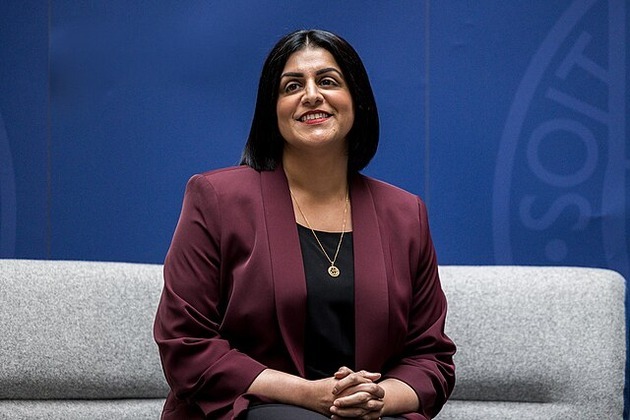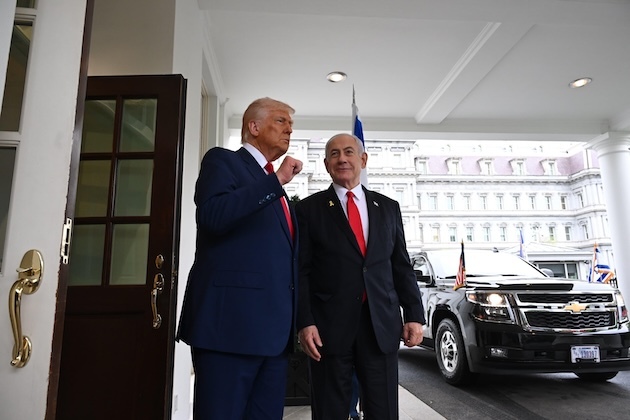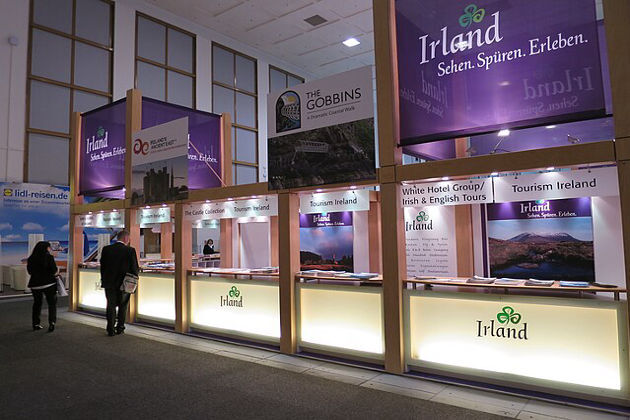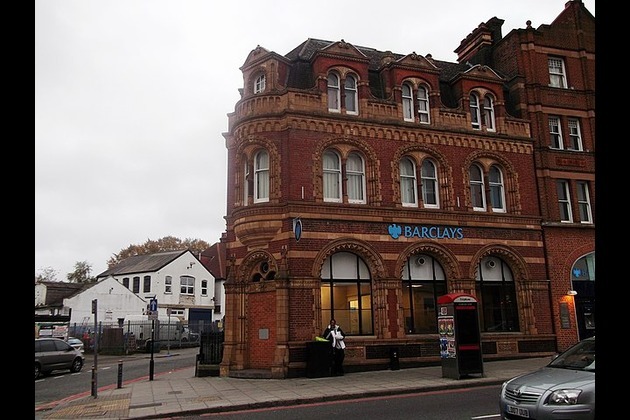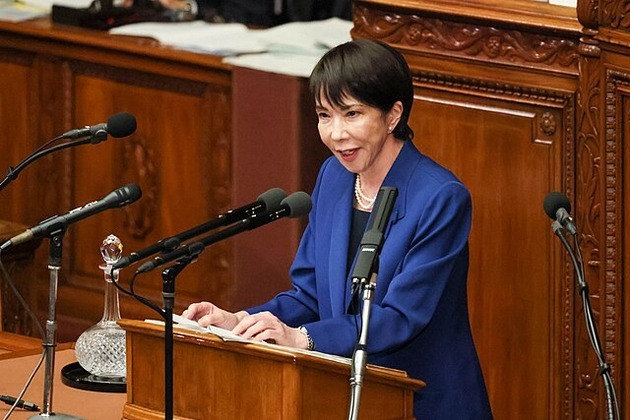Column: China and the future of APEC: Redefining fair trade in a shifting global order
Xinhua
30 Oct 2025, 12:16 GMT+10
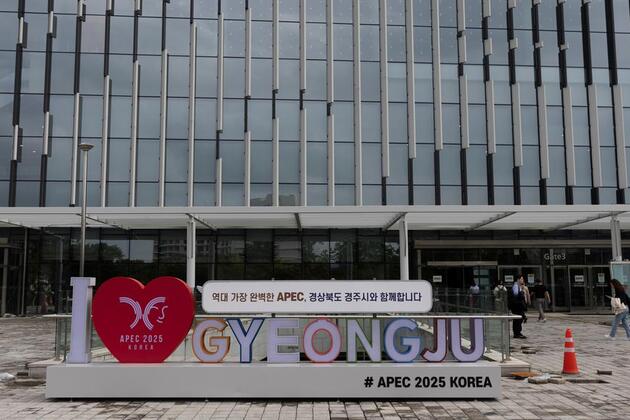
At this critical moment, China's advocacy for fairness and balance offers the best hope for preserving APEC's relevance and restoring credibility to a global trading system under strain.
by Maya Majueran
When the Asia-Pacific Economic Cooperation (APEC) was founded in 1989, it embodied a visionary ideal: harnessing growing economic interdependence to build prosperity across the Pacific Rim. Born from a speech by Australia's then-Prime Minister Bob Hawke, the forum brought together 12 diverse economies with a simple but powerful belief that open dialogue and cooperation could achieve what confrontation could not.
Today, APEC has grown to 21 member economies representing more than 60 percent of global GDP and nearly half of world trade. It has established itself as the premier forum for facilitating economic growth, cooperation, trade and investment in the Asia-Pacific region. Yet, decades after its founding, the cooperative spirit that defined APEC is being tested by resurgent protectionism and unilateralism. At the center of this shift stands China -- no longer just a participant but a staunch defender of the principles of fair trade and genuine multilateralism.
APEC's history reveals a sustained commitment to collective progress. The Bogor Goals established targets in 1994 for "free and open trade and investment" in the region by 2010 for industrialized economies and 2020 for developing ones. This vision was later reinforced by the Putrajaya Vision 2040, which APEC leaders announced in 2020, aiming for "an open, dynamic, resilient and peaceful Asia-Pacific community."
China has consistently supported this trajectory of regional integration, from its early endorsement of the Bogor Goals to its leadership in advancing the Free Trade Area of the Asia-Pacific (FTAAP). The Beijing Summit in 2014 marked a pivotal moment when APEC leaders endorsed a concrete roadmap to realize the FTAAP vision. This commitment to a seamless regional economy stands in contrast to certain contemporary international trends.
Recent years have witnessed a rise in economic measures that leverage dominant positions within the global system. Such approaches often involve the application of elevated tariffs and unilateral sanctions, frequently rationalized under expansive interpretations of "national security."
These practices diverge from APEC's foundational ethos of consensus-building, voluntary cooperation and equal respect among members. As a forum that operates through non-binding commitments and collective dialogue, this shift toward unilateral coercion challenges its delicate collaborative balance.
Amidst these challenges, China has demonstrated a more equitable approach through tangible policies and initiatives. The country's zero-tariff policy for least-developed countries provides meaningful market access that fosters real development opportunities. More significantly, China has moved beyond rhetoric to sponsor concrete capacity-building projects within the APEC framework.
China is currently sponsoring a 2024-2025 APEC project titled "Increasing Residents' Income in APEC Economies through Structural Reform." This initiative directly supports the Enhanced APEC Agenda for Structural Reform, which focuses on "ensuring that all groups in society have equal access to opportunities for more inclusive, sustainable growth, and greater well-being."
China's project aims to identify structural reform tools to help APEC economies promote income growth and improve the quality of life. It exemplifies how economies can work within the APEC framework to advance APEC's goal of "balanced, inclusive, sustainable, innovative and secure growth."
Western opposition to China's rise often focuses on technology transfer and industrial policy. However, the underlying conflict runs much deeper. For decades, Western economies maintained dominance by controlling advanced technologies and high-value industries. China's advancements in semiconductors, electric vehicles, and renewable energy symbolize the erosion of this technological monopoly.
The APEC forum's history demonstrates a clear evolution in both its focus and China's place within it. In the founding era from 1989 to 1993, APEC was primarily focused on establishing dialogue and defining its core principles, during which China participated as a member of an emerging regional framework.
The subsequent decades, guided by the Bogor Goals, were dedicated to trade liberalization and investment, with China growing into a strong supporter of regional economic integration.
In the current period, APEC's agenda has shifted toward navigating global challenges and promoting inclusive and sustainable growth. In this phase, China has ascended to the role of a proactive advocate for fair trade and a developer of concrete initiatives, demonstrating its evolving engagement from participant to a leading architect of the forum's future.
The future of Asia-Pacific economic cooperation hangs in the balance. As leaders convene, they must choose between a future of division and zero-sum competition and one of shared prosperity through genuine partnership.
China's message is clear: Economic progress must not be built on double standards. The path forward requires respecting the core APEC principles that all economies, regardless of size or system, have an equal say and that decision-making is reached by consensus.
At this critical moment, China's advocacy for fairness and balance offers the best hope for preserving APEC's relevance and restoring credibility to a global trading system under strain. The forum's founding vision of shared prosperity across the Pacific remains achievable, but only if its member economies choose cooperation over confrontation and equity over privilege.
Editor's note: Maya Majueran currently serves as the director of Belt Road Initiative Sri Lanka, an independent and pioneering organization with strong expertise in Belt and Road Initiative advice and support.
The views expressed in this article are those of the author and do not necessarily reflect those of Xinhua News Agency.
 Share
Share
 Tweet
Tweet
 Share
Share
 Flip
Flip
 Email
Email
Watch latest videos
Subscribe and Follow
Get a daily dose of Africa Leader news through our daily email, its complimentary and keeps you fully up to date with world and business news as well.
News RELEASES
Publish news of your business, community or sports group, personnel appointments, major event and more by submitting a news release to Africa Leader.
More InformationInternational
SectionBritain cracks down on illegal workers as arrests jump 63%
LONDON, U.K.: Britain has intensified its crackdown on illegal working, making 63 percent more arrests over the past year as authorities...
Israel Launches Deadliest Strikes in Gaza Since Ceasefire Began
Israel has launched its deadliest strikes on Gaza since the United States-brokered ceasefire took effect nearly three weeks ago, saying...
ATC shortage disrupts flights amid ongoing US shutdown
WASHINGTON, D.C.: A shortage of air traffic controllers caused more flight delays across the country at the start of the week, as controllers...
Five rescued after twin crashes involving aircraft on USS Nimitz
WASHINGTON, D.C.: A fighter jet and a helicopter from the aircraft carrier USS Nimitz both crashed into the South China Sea within...
Paris police arrest suspects in $102 million Louvre jewel theft
PARIS, France: Two men have been arrested in connection with the theft of crown jewels from the Louvre Museum in Paris, officials said...
Washington struggles to manage narrative on Israel
On October 4th, 2025, in an interview with Axios, President Trump stressed that one of the main goals behind his Gaza plan was to restore...
Business
SectionFed lowers interest rates, stocks close mixed, dollar jumps
NEW YORK, New York - U.S. stocks stopped for breath on Wednesday after the Federal reserve lowered interest rates as expected, but...
Lululemon enters sports arena with NFL apparel collaboration
VANCOUVER, Canada: Lululemon is taking its athleticwear to the gridiron. The company announced a new partnership with the National...
Primark bets on Trump’s tariff shift to win US budget shoppers
LONDON, U.K.: Primark is betting that changing U.S. trade rules will tilt the balance in its favor, accelerating store openings and...
Majority of tourism firms in Ireland see no growth, survey shows
DUBLIN, Ireland: Most tourism businesses in Ireland said their income either dropped or stayed the same this summer, according to a...
Barclays expands US footprint with $800 million Best Egg buy
LONDON, U.K.: Barclays has agreed to acquire U.S. personal loan originator Best Egg for US$800 million, marking its latest move to...
Trump, Takaichi strike mineral pact ahead of Xi meeting
TOKYO, Japan: U.S. President Donald Trump and Japanese Prime Minister Sanae Takaichi signed a landmark agreement on October 28 to secure...

